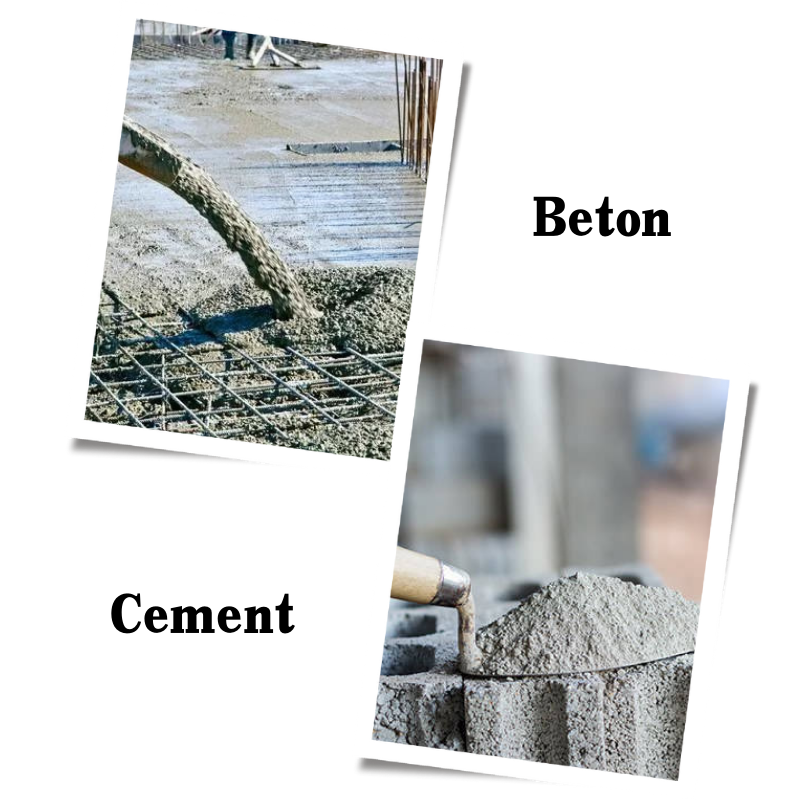
Exploring the Properties and Applications of Zeolite and Bentonite Materials in Industry
The Role of Zeolite and Bentonite in Modern Applications
In the realm of materials science, zeolite and bentonite are two naturally occurring minerals that have garnered substantial attention due to their unique properties and diverse applications. Each of these materials possesses distinct characteristics that make them suitable for various uses in industries ranging from agriculture to environmental remediation and even in construction. This article explores the composition, properties, and applications of zeolite and bentonite, highlighting their significance in contemporary practices.
Zeolite Composition and Properties
Zeolites are crystalline aluminosilicate minerals known for their porous structures and high cation-exchange capacities. Made up of silicon, aluminum, and oxygen, zeolites form a network of interconnected cavities and channels that can trap various ions and molecules. This unique structure not only allows them to adsorb gases and liquids but also provides them with excellent ion-exchange properties.
The most common natural zeolites include clinoptilolite, mordenite, and chabazite. Due to their ability to selectively exchange cations, zeolites are widely used in water purification processes, particularly for removing heavy metals and ammonium ions from wastewater. Moreover, zeolites serve as effective catalysts in chemical reactions, enhancing the efficiency of various industrial processes.
Bentonite Composition and Properties
Bentonite, primarily composed of montmorillonite, is a type of clay that is formed from the weathering of volcanic ash. The high percentage of aluminum and silica gives bentonite its unique swelling and plasticity characteristics. This clay exhibits remarkable water-absorbing capabilities, expanding significantly when wet. Its colloidal properties enable it to create a thick, viscous slurry when mixed with water, which is highly beneficial in several applications.
Due to its ability to form a gel-like substance, bentonite is utilized in drilling fluids during the oil and gas extraction processes. It helps to stabilize boreholes, control fluid loss, and suspend cuttings. Furthermore, its absorbent characteristics make bentonite an ideal choice for sealing landfills and preventing the leaching of contaminants into groundwater.
Applications of Zeolite and Bentonite
zeolite and bentonite

The applications of zeolite and bentonite are vast and varied, making them valuable resources in numerous fields.
1. Environmental Remediation Both zeolite and bentonite are employed in environmental cleanup projects. Zeolites can trap heavy metals and ammonium ions from contaminated water, while bentonite is effective in sealing contaminated sites from the surrounding environment.
2. Agriculture In agriculture, zeolites are used as soil amendments to improve nutrient retention and water-holding capacity. They can replace synthetic fertilizers, reducing the environmental impact of agricultural practices. Bentonite, on the other hand, is utilized in animal feed as a natural binder, enhancing the digestion of feed ingredients.
3. Construction When it comes to construction, bentonite’s waterproofing properties make it suitable for use in underground structures and as a component in cement and concrete. Zeolites are also being explored in construction materials for their lightweight and insulating properties.
4. Animal Husbandry In animal husbandry, zeolites can control ammonia levels in livestock facilities, improving animal health and reducing odors. Bentonite serves as an additive in animal feed, promoting gut health and enhancing nutrient absorption.
5. Industrial Processes Zeolites play a pivotal role as catalysts in petrochemical processes, such as the production of fuels and chemicals. Bentonite is commonly used as a binder in the production of bricks and ceramics, contributing to improved strength and durability.
Conclusion
In summary, zeolite and bentonite are two exceptional minerals with unique properties that find extensive application across various industries. Their ability to absorb, exchange ions, and form stable compounds makes them invaluable in environmental, agricultural, and industrial practices. As research and technological advancements continue to explore and expand their applications, zeolite and bentonite are likely to remain at the forefront of materials science, contributing to sustainable development and innovative solutions for modern challenges. Their enduring importance is a testament to the remarkable capabilities inherent in these natural resources.
Share
-
Premium Pigment Supplier Custom Solutions & Bulk OrdersNewsMay.30,2025
-
Top China Slag Fly Ash Manufacturer OEM Factory SolutionsNewsMay.30,2025
-
Natural Lava Rock & Pumice for Landscaping Durable Volcanic SolutionsNewsMay.30,2025
-
Custom Micro Silica Fume Powder Manufacturers High-Purity SolutionsNewsMay.29,2025
-
Custom Mica Powder Pigment Manufacturers Vibrant Colors & Bulk OrdersNewsMay.29,2025
-
Custom Micro Silica Fume Powder Manufacturers Premium QualityNewsMay.29,2025






